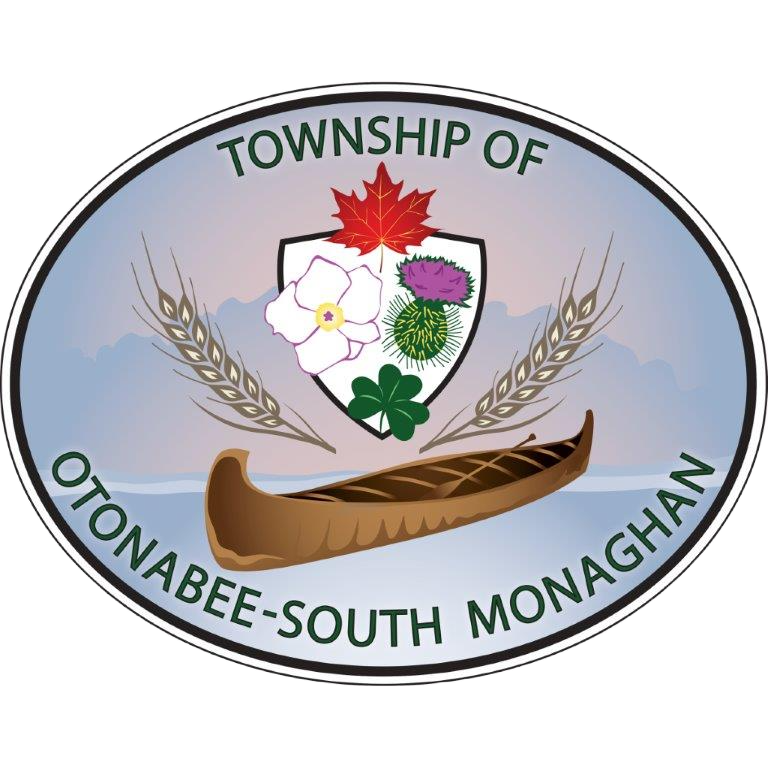There are additional charges for services that are added to your tax bill.
Taxes are multiplied by the assessment of your property.
| Annual Service | 2023 Fee |
| Curbside garbage collection (per household/unit) |
$53.00 |
|
Municipal water
|
$2,244.00 plus $114.00 if you have a swimming pool |
|
Municipal sewer per household in the Burnham Meadows subdivision |
$1,139.00 |
Street Light charges
| Property Location or Type | Fee |
| Bailieboro | $62.18 |
| Burnham Meadows | $25.00 |
| Commercial | $65.01 |
| Elgeti | $18.45 |
| Keene Heights | $44.19 |

